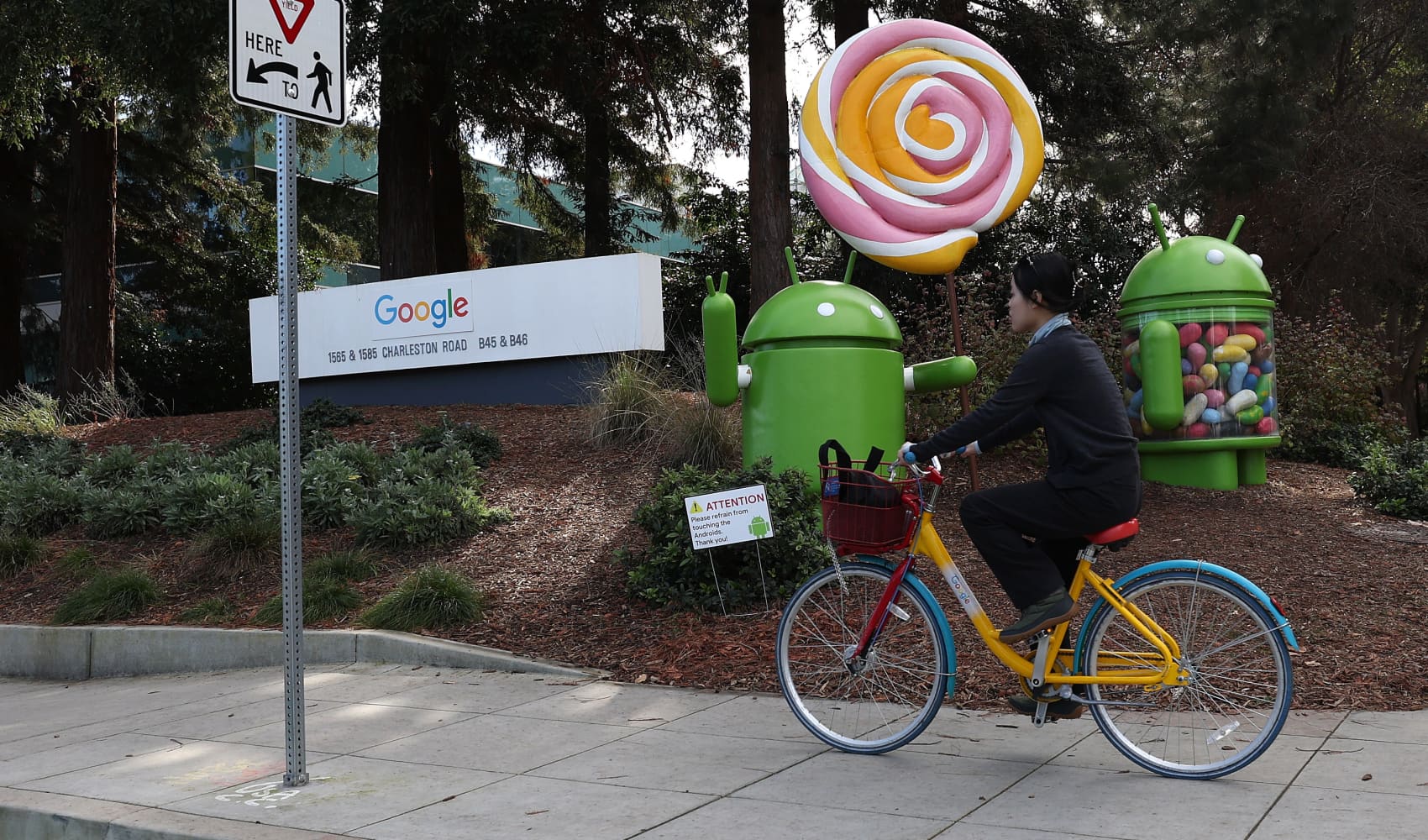
College was once seen as the "proven path to success" for young people. But with the Covid-19 pandemic moving colleges online, the student debt crisis growing and the increasingly tumultuous job market, the quintessential college experience seems even more out of reach.
Many students are questioning whether a college education is even worth it.
But beyond just success, can going to college make you happier? The answer is complicated, but here's what the research and experts say.
Education strongly correlates with future happiness
"Education is probably more strongly correlated with future happiness throughout adulthood than any other variable," according to Jeffrey Arnett, developmental psychologist and professor of psychology at Clark University. Happiness, in this case, is defined as satisfaction with the way one's life is going.
Research suggests that the more education you have, the happier you tend to be.
In a survey that utilized data from the U.S. General Social Surveys, 94% of people with a bachelor's degree or more reported feeling happy or very happy with their lives overall, while 89% of high school grads said the same. A 2016 Pew survey found that adults with less than a high school education are more than twice as likely as those with a bachelor's degree or more education to say they are not happy with their lives.
Money Report
Having a college degree is correlated with other sources of happiness: People who go to college also tend to have better health outcomes, more stable marriages, and longer lives than those who didn't graduate from high school.
Part of it is you make more money
People tend to be happier the more money they make as far as it allows them to meet basic needs, such as access to healthcare and a safe place to live. (The relationship between happiness and income has a leveling-off point at about $75,000.)
Data from the Federal Reserve Bank of New York suggests that the average person with a college degree makes $30,000 more a year, or nearly 75% more, than those with a high school diploma. The average college grad makes an estimated $78,000 a year, whereas someone with only a high school education makes $45,000.
Most jobs in today's "knowledge economy" require a college degree to get hired. Advancements in automation leave few opportunities for people to earn a living wage without one.
"A higher education and a college degree is still the proven path out of poverty for many students," Alex Bernadotte, CEO and founder of Beyond 12, an organization that guides underserved students toward completing their college degrees, tells CNBC Make It. "And it is certainly still the currency of validation in our country."
But more than money it's purpose
"With more education, people are more likely to be able to do the things that give their lives purpose," Kendall Cotton Bronk, developmental psychologist and associate professor of psychology at Claremont Graduate University, tells CNBC Make It.
People with a sense of "purpose" tend to have better mental and physical health, and longer lives.
"Studies repeatedly find that individuals with a sense of purpose in life tend to report that they're happier, or they're more hopeful and more satisfied, than individuals without," Bronk says.
The best major depends on you
One big challenge that emerging adults face in college is figuring out how they want to use their different skills and talents, Bronk says. Most college students switch majors once, if not two or three times until they find something they like.
The best major is the one that helps you find purpose in your life. So there's no one major that makes people the happiest, because people derive purpose from different things, Bronk says.
For instance, in PayScale's 2019 College Salary Survey, 3.5 million respondents, from more than 4,000 colleges and universities across the U.S. were asked if they believed their work makes the world a better place. With those who said "yes, and provided their major, PayScale ranked the majors accordingly.
The majors that provided people with the most meaningful careers were: alcohol and drug studies, which prepares people to work in the addiction field; radiation therapy, specialists on an oncology team that deliver radiation to cancer patients; cytotechnology, lab professionals who work with pathologists to diagnose cancer; early childhood special education and music therapy.
While these majors are vastly different, the report suggests that majors within the health field as well as community and social service tend to provide people with meaning.
Can school debt make you unhappy?
Graduation rates show that only about 50% of students who start at a four-year school have a degree six years later. The numbers are even more stark for students from under-resourced communities or students from ethnic groups that have traditionally not attended college.
More years spent in school leads to more tuition, and for many, more debt. Studies suggest that there is a link between mental health and student loan debt: A recent survey from financial coaching company Student Loan Planner found that nine in 10 borrowers experienced significant anxiety due to their loan burden.
The high cost of college, and the emotional burden of student loans, "leads to very legitimate questions about the return on investment of a college degree," Bernadotte says.
And as colleges contemplate how to make changes in light of the pandemic, Bernadotte says lowering the cost would be a great place to start.
There are non-college paths to happiness too
Bronk's advice for current college students is to "step back and really think about what really does matter? What is it, in the big picture and in the grand scheme of things, that I care about?" That could mean taking a gap year or pursuing an internship or other professional pursuit that serves you in a meaningful way.
Because ultimately, education increases your happiness, not because of what you learn in the classroom, but because of all the privileges that come along with it, such as job opportunities, increased income and enhanced relationships, Alexander Gamerdinger, research analyst at the Happiness Research Institute in Denmark tells CNBC Make It.
"So, is college for everyone, and do you need to go to college in order to be happy? Absolutely not," Bernadotte says.
Check out: The best credit cards of 2021 could earn you over $1,000 in 5 years
Don't miss:






